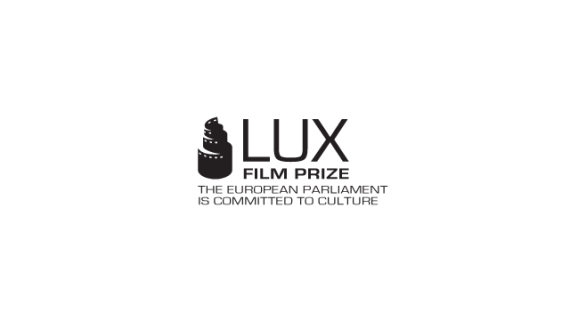The 2013 edition of the LUX Prize has officially started. A month ago, the Committee on Culture and Education of the European Parliament has endorsed the 2013 Selection panel [a 17 person panel], but it is last Thursday, on March 21st, that the first panel meeting took place. Kick off meeting oblige and because film submissions are open until April 17th, serious selection discussions have not started yet. Nonetheless, the introduction time is now over.
Olivier Père, director of ARTE Cinema, is one of the three new entries of this year Selection panel. Although he could not join this first meeting, he is happily and truly concerned in the process. For him, the LUX prize participates in the merry continuation of the contemporary European cinema.
Why joining the LUX prize Selection panel?
Everything that relates to the European cinema moves me. As director of Arte – rooted in the French-German identity – but also before, as head of Directors’ Fortnight in Cannes or for the Festival of Locarno, I have been deeply involved in the European film creation. Being part of the panel is a continuation to my support to this cinema that I love.
In what extend the LUX Prize is important for European cinema?
It is a useful prize. Yes, it has a political value, mainly symbolic, but it has a value in itself, concrete, which is the help for the diffusion and the circulation of the film laureate among European territories. Material and technical grants – such as subtitling or digital copies[1] – assist very much producers when it is difficult to finance directly art-house film distribution or exhibition.
Speaking of which, what is the current status of art-house European film?
These past few years, amazing talented filmmakers appeared, both young and not-so-young, and from all around Europe. Just have a look at French, German, Portuguese but also Romanian productions, they are doing pretty fine: very well indeed artistically speaking; on the economic side, it is another story, it depends on the specificities of the territory.
We all now times are difficult, but one must not forget that on the artistic side, we have very beautiful films, and really appreciated in festivals, and gladly, by the public. In 2012, films like Tabu by Miguel Gomes, Amour by Michael Hanneke or Holy Motors by Leos Carax were real successes. They give hope and confidence in the future health of European cinema.
Some would say the audience of LUX Prize films remains very confidential though…
I notice indeed that most of the films chosen in the selections deal directly with the socio-economic reality: lot of migrant issues, community clashes etc. And one must admit that some of these films are made by remarkable filmmakers and precious authors – I am thinking of Dardenne brothers, Guédiguian…We should ideally enlarge a little our core target to distinguish artworks with a European dimension but most importantly with high intellectual and cultural dimensions. In the process of selection, We should think “common cultural heritage” more than “common social values”.
No matter the topic, as long as the film is good, it will create dialogue between spectators, and spectators of course are also citizens. In fact, all the great films, in a way, speak about the country and the time in which they were shot. They automatically have a social and political dimension.
Finally, do you have any strategy or clue for the 2013 LUX Prize selection?
The only valuable strategy is to suggest films that we love. In the panel we are all cinephiles. If my choice does not fit, it does not matter because lastly, all of the selected films will be European and meaningful.
Try to ask Olivier Père if he has already a favorite for 2013…he would stay vague: “have a look at the latest euro-festival selections” he advises. Actually, members of the Selection panel are liable to discreetness. Their decisions – taken by a majority of the votes cast – will remain secret till the Official selection announcement which should be made during the Karlovy Vary International Film Festival (June 28th – July 6th 2013). Will the 10 films selected be more “culturally opened”, as the newbie Olivier Père commented?
The next meeting of the Selection panel will be held in Brussels on April 25th, a week after the closure of submissions [spontaneous form]; the temperature of the panel might be easier to take then.
[1] Every year the LUX Prize covers the cost of subtitles for the winning film in the official languages (24 in 2013) of the European Union, including an adaptation of the original version for people with hearing and seeing disabilities, and provides a digital or 35 mm copy for each of the EU’s member states (28 in 2013).
